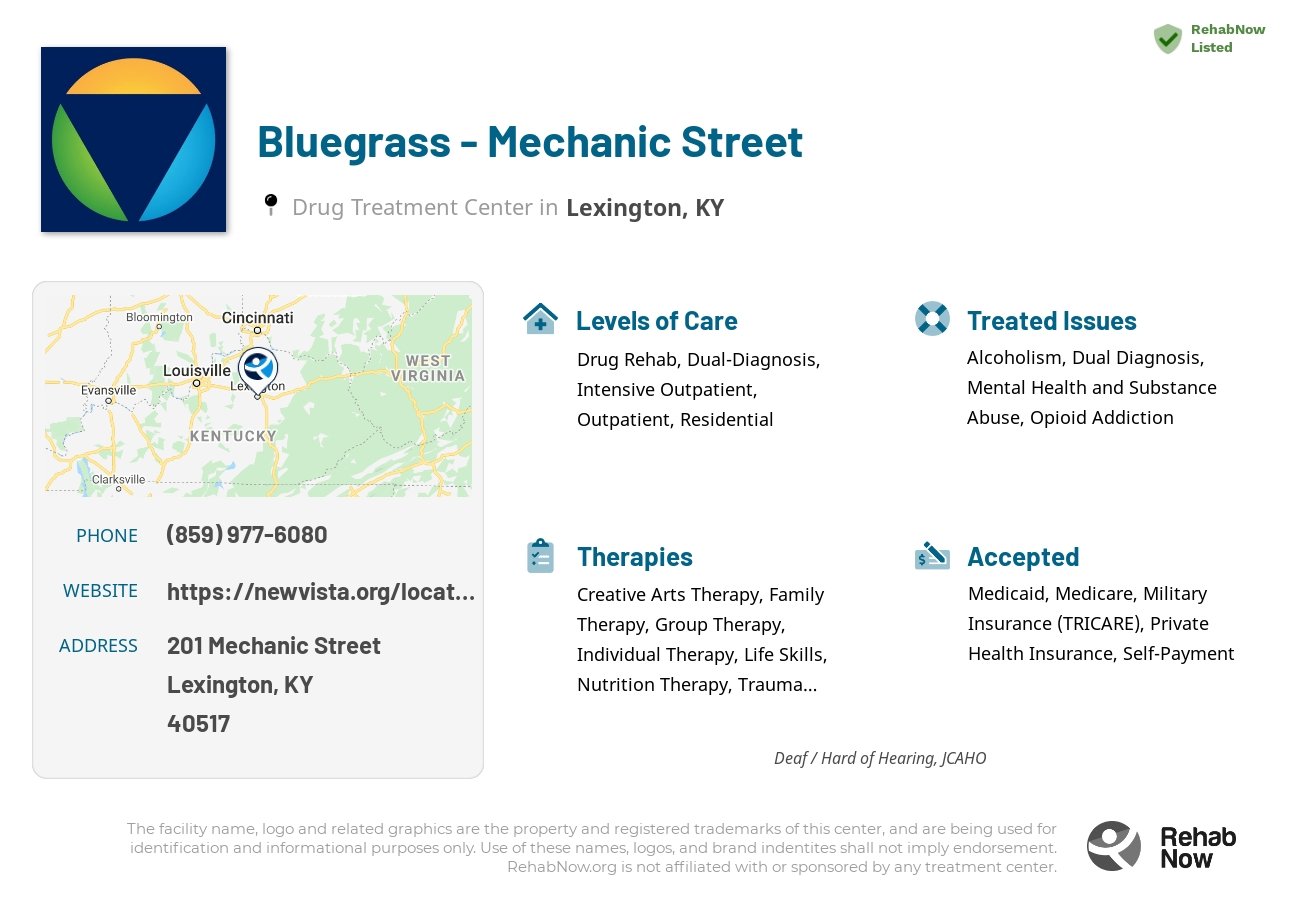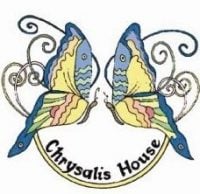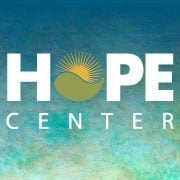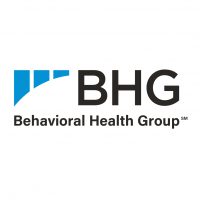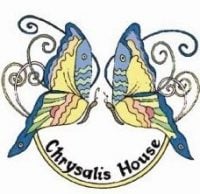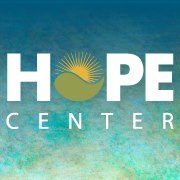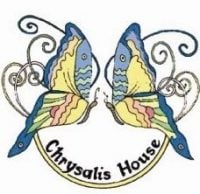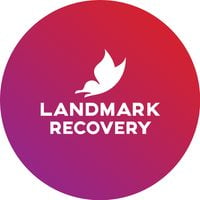Bluegrass - Mechanic Street
Drug Rehab Center in Lexington, Kentucky
Bluegrass - Mechanic Street is a specialized drug and alcohol addiction treatment center that provides personalized care through inpatient, outpatient, and residential treatment options, with a focus on tailored plans, specialized programs, and supportive services.
About Bluegrass - Mechanic Street in Kentucky
Bluegrass - Mechanic Street is a drug and alcohol addiction treatment center located in Lexington, Kentucky. It is a specialized facility that focuses on providing patients with the highest quality of care available. The facility offers both inpatient and outpatient treatment options, as well as residential care and a variety of other services to address the unique needs of individuals suffering from substance abuse. The staff consists of licensed clinicians, psychiatrists, nurses, and other healthcare professionals who are committed to providing comprehensive, personalized attention to each patient.
At Bluegrass - Mechanic Street, addiction treatment is focused on providing comprehensive services that are tailored to fit the individual needs of each patient. This includes providing thorough assessments and developing personalized plans that address each patient’s goals and needs. The treatment center also has specialized programs for dual diagnosis, chronic relapse, and family therapy, as well as individual counseling, group therapy, and relapse prevention. Additionally, Bluegrass - Mechanic Street offers a variety of supportive services designed to help patients develop a solid foundation of sobriety and build a healthier lifestyle.
Bluegrass - Mechanic Street is accredited by the Joint Commission and is certified by the Kentucky Board of Licensed Substance Abuse Professionals, the Kentucky Department of Mental Health and Mental Retardation, and the Substance Abuse and Mental Health Services Administration (SAMHSA). The facility has also been recognized by the National Association of Addiction Treatment Providers (NAATP) and has received numerous awards and accolades for its commitment to providing quality, personalized care to every patient. The facility also offers continuing education courses, seminars, and workshops to ensure they remain up to date on the latest advances in addiction treatment.
Genders
Ages
Modality
Additional
Accreditations

JCAHO
Conditions and Issues Treated
With so many people addicted to opioids, we need to help those who want to quit. The cycle begins when opioid addicts take opioids for a painful injury. When someone starts taking their medication differently or in excess, it means they’re addicted and at risk of overdosing.
In , detoxing from these types of treatments is the most effective way to beat this. Most facilities begin with medical assistance and then provide counseling services; rehabilitation follows after successful treatment.
Dual diagnosis refers to someone who has both an addiction and a mental or emotional illness. Dual diagnosis treatment includes therapy for both issues simultaneously, allowing for effective treatment of either.
Sometimes people with addiction disorders also have co-occurring disorders like depression, anxiety, bipolar disorder, etc. These require specialized treatment programs that address both drug and alcohol addiction as well as psychiatric illnesses. Some rehabilitation facilities provide patients with co-occurring disorders a program with highly integrated services and a clean, distraction-free environment.
Levels of Care Offered
This center offers a variety of custom treatment tailored to individual recovery. Currently available are Drug Rehab, Dual-Diagnosis, Intensive Outpatient, Outpatient, Residential, with additional therapies available as listed below.
An intensive outpatient program (IOP) is effective for drug rehab, but it can take six months to several years to complete. It’s the most popular type of drug rehab program in the United States. One example of a successful IOP success story is actor and comedian Chris Rock, sober since 1990.
An IOP allows participants to spend nights at home while attending meetings throughout the day. It’s a good way for drug addicts to make a recovery plan in an outpatient setting while still supporting their loved ones.
Alcohol or drug addiction, or co-occurring disorders, are treated in an outpatient program. The patient must attend therapy and other programs at the facility but can return home each night.
Outpatient treatment allows recovering addicts to live at home while receiving addiction treatment. Outpatients can attend group sessions for a few hours per week. Outpatients may also continue to work full time and study/attend school without interruption if they choose.
Residential treatment programs are those that offer housing and meals in addition to substance abuse treatment. Rehab facilities that offer residential treatment allow patients to focus solely on recovery, in an environment totally separate from their lives. Some rehab centers specialize in short-term residential treatment (a few days to a week or two), while others solely provide treatment on a long-term basis (several weeks to months). Some offer both, and tailor treatment to the patient’s individual requirements.
Therapies & Programs
Different people react differently to various treatment options. Some drug rehabilitation centers offer individualized treatment that caters to the specific needs of a drug addict. The best treatment option varies on an individual depending on the type of drug abused, life history, medical condition of the person, social circumstances, and the environment they live in now.
When a person enters drug rehab, they usually have anti-drug associations such as withdrawal symptoms, stress, cravings, etc. The first step of drug rehab is to detoxify the body from any residual substances in it. Drug rehabilitation centers usually employ trained medical professionals to help in this process. Usually, the initial detoxification lasts for five days, where the person is monitored under close supervision.
Family therapy sessions typically involve the addict and their family members. During these sessions, a therapist will work with everyone involved to help them understand addiction and find healthy ways of coping without substance abuse.
Some addicts might feel embarrassed about their substance abuse problems. By encouraging family members to attend these sessions, therapists can show addicts that they’re not alone in dealing with addiction. Therapists can also work with family members to help them understand addiction and learn how to offer support and encouragement to their loved one as they deal with substance abuse issues.
Attending group therapy at Bluegrass - Mechanic Street in , is a useful way for those seeking sobriety to realize they aren’t the only one going through it.
This is when a group of people on different recovery phases get together and talk about what they’re going through, their triggers, successes, and failures. This can include alternative types of therapies too! Group therapy may occur on an outpatient or inpatient basis with groups that have no pre-existing relationships outside the session, unlike support groups where everyone already knows each other beforehand.
Trauma therapy is a form of therapy used to help people process and understand past traumas. This can help struggling addicts, as many people turn to drugs or alcohol to mask the pain of their past. Trauma therapy can be done in several ways, such as through visualization, discussion, and writing down thoughts and feelings. The goal is to help the individual understand why they are having problems coping with certain situations and changing how they think and react to things. This is often done in tandem with other therapies to treat the underlying issues associated with addiction.
The idea behind trauma therapy is that while some people can experience traumatic events and not have lasting psychiatric symptoms, many others will. In these cases, memories get hidden from consciousness but continue to influence how the person processes and copes with things in their life. They may avoid situations that resemble what happened or become suddenly angry or irritated to a situation that reminds them of a past event. With the help of a therapist, people can go back over memories and experiences. This helps them understand why they are having problems coping with certain situations and changing how they think and react to things.
Life Skills Services offered at Drug Treatment Centers assists addicts in their recovery by teaching them healthy coping mechanisms that will aid them in becoming sober, focussing on helping people enter into, and maintaining long-term sobriety. Drug Treatment Centers provide Life Skills Services at varying levels of intensity, specific to the needs and requirements of each patient.
Life Skills Services offered at Drug Treatment Centers assists addicts in their recovery by teaching them healthy coping mechanisms that will aid them in becoming sober, focussing on helping people enter into, and maintaining long-term sobriety. Bluegrass - Mechanic Street in Lexington, Kentucky provide Life Skills Services at varying levels of intensity, specific to the needs and requirements of each patient.The benefits of Life Skills Services offered at Drug Treatment Centers:
- Restores hope and empowerment — Helps addicts believe that recovery is possible and instills a new confidence in their ability to achieve a positive, drug-free future
- Enhances family involvement — Encourages families to get involved in the recovery process and supports their understanding and encouragement of healthy behavior.
- Increases patient’s compliance — Helps patients take responsibility for and ownership of their recovery and encourages continued progress
- Reduces relapse rates — Encourages long-term abstinence and emphasizes the importance of establishing sober support systems.
Good nutrition can be difficult for people recovering from addiction because they may not feel like eating while they are experiencing the physical and emotional side effects of detoxing.
Nutrition therapy can help addicts in the following ways:
- Helps individuals to understand which foods promote good health and support recovery that will assist them during detox
- Provides guidance and education about how to maintain a nutritious diet so they can stay healthy during recovery
- Improves their overall health and well-being, which can reduce the severity of substance withdrawal symptoms.
Nicotine replacement therapy is a popular method of treatment that helps individuals overcome their addiction to cigarettes by providing them with safer alternatives. Nicotine replacement options can include:
- Inhalers
- Gum
- Patches
These treatments are often used in combination with other therapies, such as cognitive behavioral therapy or motivational interviewing, to help individuals more easily transition into a smoking-free lifestyle.
Payment Options Accepted
For specific insurance or payment methods please contact us.
Is your insurance accepted?
Ask an expert, call (888) 674-0062
NEW VISTA Associated Centers
Discover treatment facilities under the same provider.
- New Vista - Schwartz Center Residential Treatment in Lexington, KY
- New Vista - Scott County Anchor Center in Georgetown, KY
- Bluegrass - Franklin County in Frankfort, KY
- Bluegrass - Roach street in Georgetown, KY
- Bluegrass - Estill County - Richmond Road in Irvine, KY
Learn More About NEW VISTA Centers
Additional Details
Specifics, location, and helpful extra information.
Lexington, Kentucky 40517 Phone Number(859) 977-6080 Meta DetailsUpdated November 25, 2023
Staff Verified
Bluegrass - Mechanic Street Patient Reviews
There are no reviews yet. Be the first one to write one.
Lexington, Kentucky Addiction Information
Kentucky ranks among the top ten states for opioid-related overdoses. Most of these are due to heroin, fentanyl, and prescription opioid use. A little over 11% of the Kentucky population abuses alcohol in a given year. More than 15% of Kentucky adults admit to participating in binge drinking every month.
Lexington, Kentucky has a moderate drug addiction and abuse problem. 6.7% of Lexington residents over the age of 12 abused drugs in 2014. The most commonly abused substances were alcohol, followed by cocaine, and heroin. In Lexington, there were 1,013 drug-related emergency room visits in 2016. The most important thing to remember when looking for drug rehab is that every individual is different and will require a different approach to treatment.
Treatment in Nearby Cities
- Greenville, KY (158.3 mi.)
- Williamsburg, KY (92.2 mi.)
- South Williamson, KY (123.5 mi.)
- Springfield, KY (47.1 mi.)
- Nicholasville, KY (12.5 mi.)
Centers near Bluegrass - Mechanic Street
The facility name, logo and brand are the property and registered trademarks of Bluegrass - Mechanic Street, and are being used for identification and informational purposes only. Use of these names, logos and brands shall not imply endorsement. RehabNow.org is not affiliated with or sponsored by Bluegrass - Mechanic Street.



